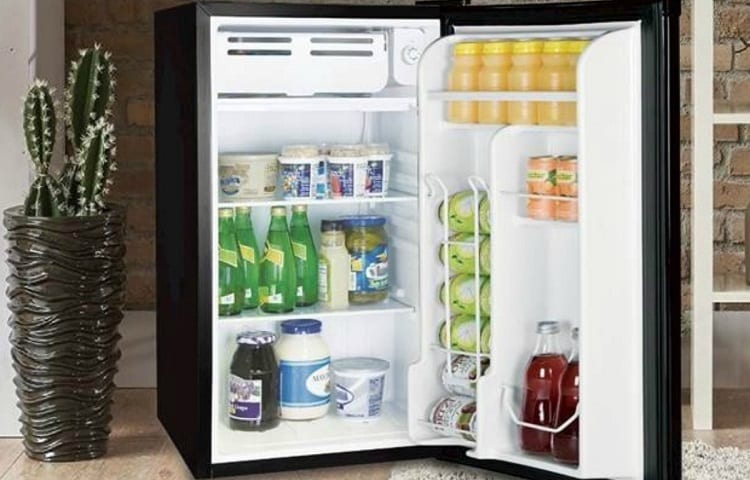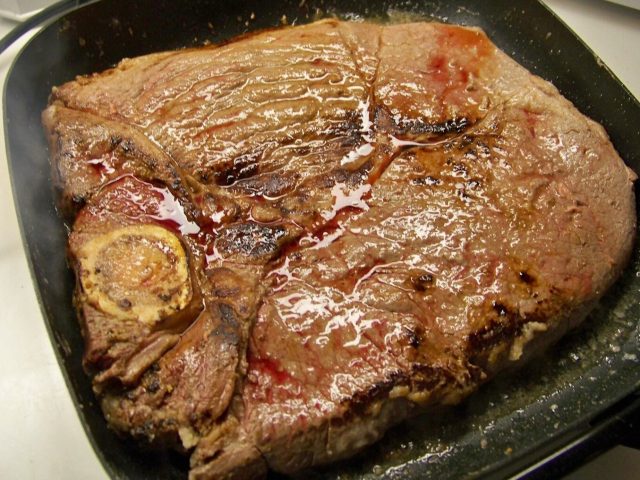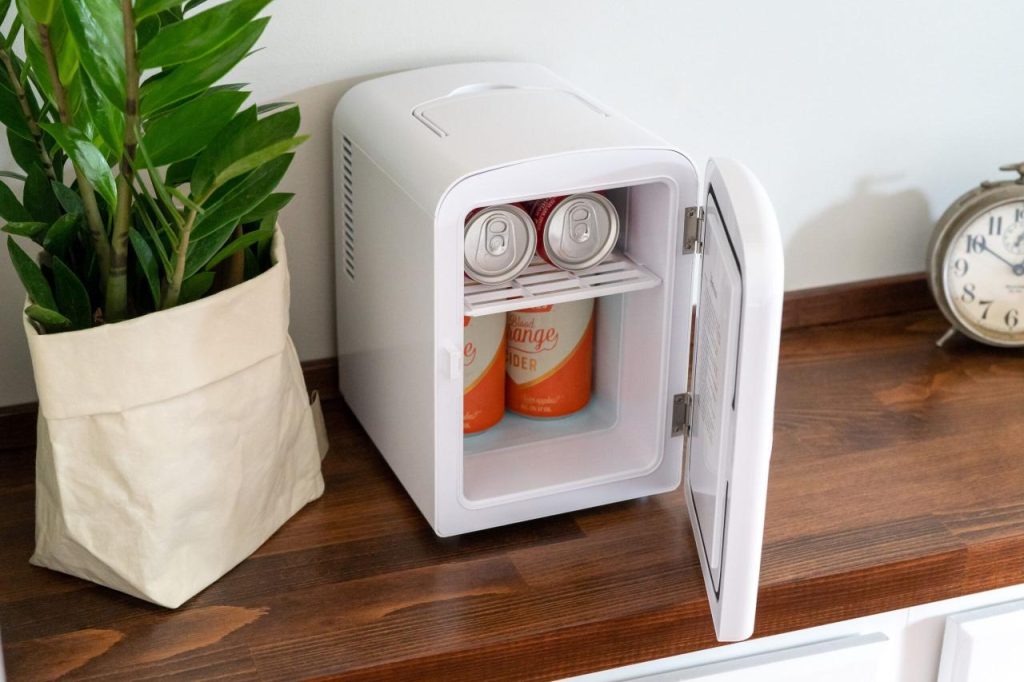In conversations revolving around energy efficiency and household appliances, the electricity consumption of mini fridges frequently emerges as a focal point of inquiry for consumers. Evaluating the influence of mini fridges on overall energy usage holds significance, especially for individuals aiming to streamline their electricity consumption and reduce utility expenses.
Hence, the question arises: Do mini fridges use a significant amount of electricity? Delving into the factors that contribute to the energy consumption of mini fridges offers valuable insights into their efficiency, empowering users to make informed decisions about their appliance choices.

Energy Consumption of Mini Fridges
Mini fridges, characterized by their compact size, are commonly perceived as energy-efficient appliances. However, the reality is more intricate, with energy consumption influenced by several factors, including size, model, age, and usage patterns.
Factors Influencing Energy Consumption:
- Size and Model: Larger mini fridges and older models generally consume more electricity. Newer models are often designed with a focus on energy efficiency.
- Usage: How a mini fridge is used directly impacts its energy consumption. Frequent door openings or excessively low temperature settings can elevate energy use.
- Location: The placement of the mini fridge affects its efficiency. In warmer locations, the appliance must work harder to maintain a cool temperature, leading to increased electricity usage.
Comparing Mini Fridges to Standard Refrigerators:
When juxtaposed with full-sized refrigerators, mini fridges boast lower overall electricity consumption due to their smaller size. However, when considering energy use per cubic foot of storage space, mini fridges are often less efficient. This is attributed to a larger portion of the mini fridge’s interior being exposed to the outside air, resulting in faster loss of cold air when the door is opened.
Understanding these factors enables consumers to make informed decisions regarding the energy efficiency of mini fridges and tailor their usage practices to optimize energy consumption.
Do mini fridges use a lot of electricity?
Mini fridges typically exhibit lower electricity consumption in comparison to standard-sized refrigerators, primarily owing to their reduced size and diminished cooling capacity.
Nevertheless, the precise energy usage varies based on factors like the specific model, age, and energy efficiency rating of the mini fridge. Additional considerations, such as the frequency of door openings, ambient temperature, and the placement of the mini fridge, exert notable influences on its energy consumption.
While mini fridges are inherently designed for energy efficiency, consumers are advised to choose models with favorable energy ratings. Moreover, practicing mindful usage habits—such as maintaining appropriate temperature settings and ensuring proper ventilation around the unit—proves instrumental in optimizing energy efficiency and curbing electricity consumption.

Reducing a Mini Fridge’s Energy Consumption
While mini fridges have the potential to consume a notable amount of electricity, implementing certain practices can effectively reduce their energy usage.
Efficient Usage Practices
1. Temperature Settings: Optimal temperature settings are crucial. Set your mini fridge to the recommended temperature, typically around 37°F (3°C) for the fridge and 0°F (-18°C) for the freezer compartment if applicable.
2. Door Usage: Minimize the frequency of opening the fridge door, and avoid leaving it open for extended periods to preserve cool air.
3. Regular Defrosting: For non-frost-free mini fridges, regular defrosting enhances efficiency by preventing excessive frost buildup.
Choosing Energy-Efficient Models
When selecting a mini fridge, prioritize models with an Energy Star rating. These appliances are specifically designed to be more energy-efficient than standard models. While the upfront cost may be slightly higher, the long-term savings on your electricity bill often offset the initial investment.
In conclusion to the question “Do mini fridges use a lot of electricity?”—while mini fridges, particularly older or larger models, can indeed have a substantial electricity consumption, incorporating energy-efficient models and adopting efficient usage habits allows you to enjoy the convenience of a mini fridge without incurring a significant increase in your electricity bill.







